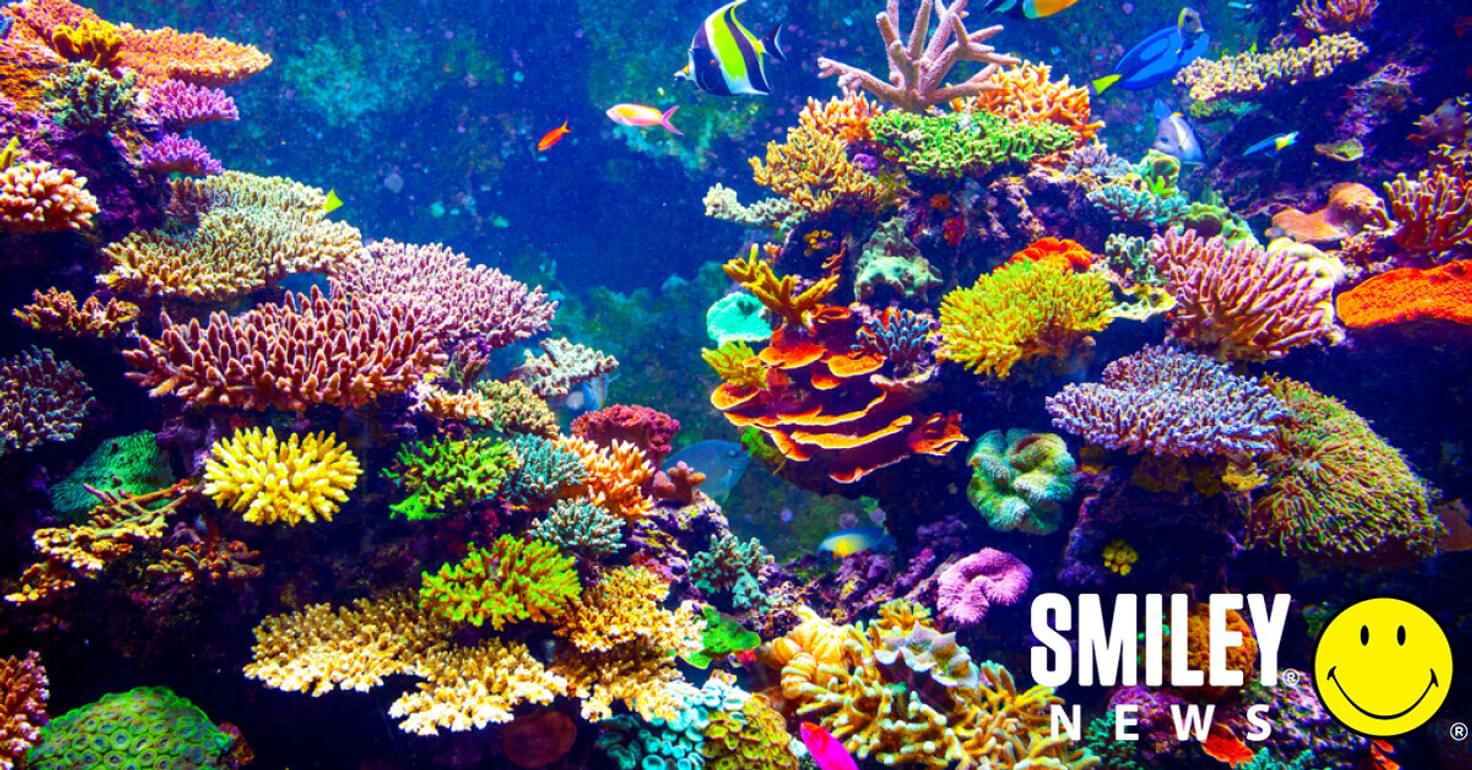
Words by Smiley Team
Nature conservationist Alex Dickinson has spent years working across rainforests, savannas and coral reefs, vigilantly trying to protect wildlife habitats.
While the UN Biodiversity Conference unfolds in Kunming, China, until 15 October, Alex explains how participating governments could protect biodiversity and why this is so crucial.
To delineate what world leaders will discuss at the conference, Alex says: “Biodiversity is a vague term we struggle to define. But it basically means how many different species inhabit a specific area.”
[Discover more stories about the people passionate about protecting biodiversity]
It’s vital that habitats sustain a diverse range of local species. “Complexity brings stability to the system and increases productivity, allowing the conversion of sunlight into oxygen or plant food, for example," he says.
Around the world, biodiversity has deteriorated over the last decades and will continue to decline in business-as-usual scenarios.
He explains what this means for the planet: “If we’re reducing the numbers of species in each place, we’re simplifying the system, making it less robust, and less productive. This means we’re depleting oxygen levels, making our planet less supportive of life.”
This is where the UN Biodiversity Conference comes in, offering a pivotal moment for governments to introduce global legislation that could halt the decline in biodiversity.
Based on the success of the Montreal Protocol in protecting the ozone layer, Alex believes it can sometimes be possible for governments to come to an agreement. To protect biodiversity, we need to regenerate habitats, he says, allowing them to rewild whilst carefully managing the process so invasive species don’t take over.
[Read positive news stories about projects making the world a better place]
Meanwhile, we need to tackle issues such as light, noise and air pollution, by reducing traffic on the roads, improving public transport and taking a number of other steps to limit our environmental impact.
But according to Alex, the most important effort we can make is to adjust our approach to valuing nature. “It’s in our interests to stop valuing nature based on how humans can use it,” he says. “We coexist with billions of other species - it’s not our land. They live there too.
“So, instead of talking about nature as a resource to be exploited, we need to enrich, diversify and encourage living things to thrive.”